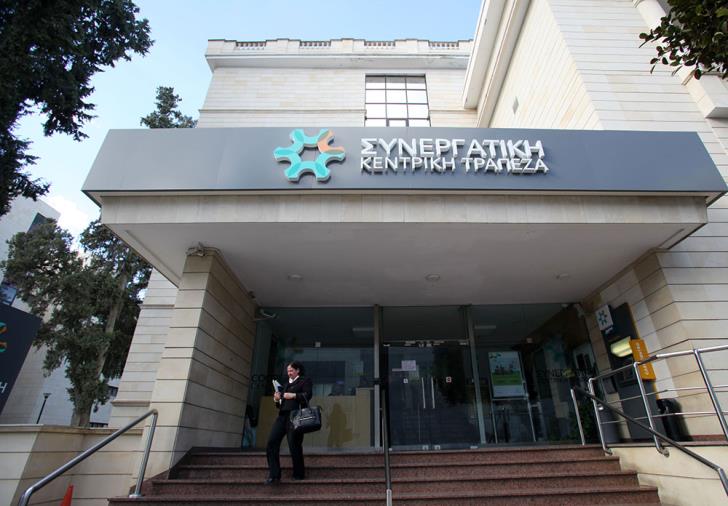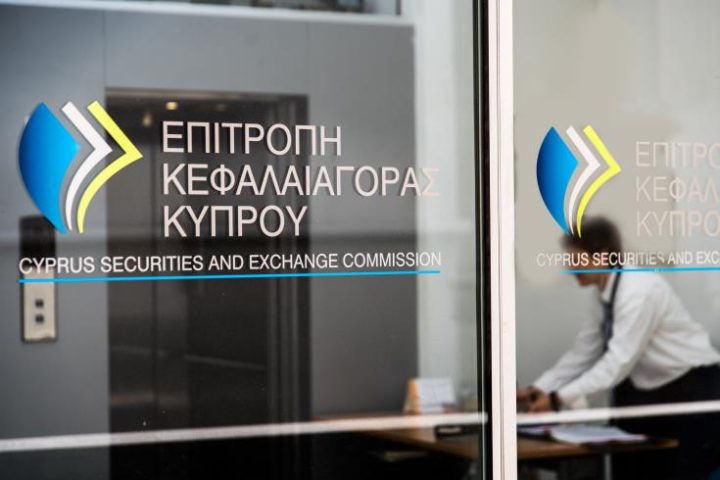The high level of Non-Performing Loans (NPLs) is a challenge that must be addressed to increase the economy’s resilience.
In addition to the high level of NPLs, Cyprus also has a high level of domestic debt estimated at 114% of GDP compared to 86% of the EU average in 2019.
Although lending to the domestic private sector supports business growth, it poses risks for the banking and financial sector, affecting economic resilience.
This is clearly identified within the European Union (EU)-approved Recovery and Resilience Plan for the Cypriot economy.
Equally strong is the EU’s emphasis on the management of NPLs in general.
As pointed out in the Pandemic Impact Action Plan (2020), the Member States participating in Support Plans should, inter alia, implement the necessary tools for their timely handling and containment of any future built-up NPLs.
One of the actions proposed by the EU concerns the establishment of National Asset Management Companies (AMCs) and their cooperation at an EU level.
In Cyprus, the political intention to establish a national loan management body was declared months ago.
The rationale is for the Cyprus Asset Management Company (KEDIPES) to play the role of the national management body for the entire banking system, i.e., to become a type of national “Bad Bank”.
The so-called “bad bank” institution refers to creating a specialized entity for non-performing loans (NPLs) to keep them off the banks’ balance sheets.
So far, it has been successfully tested in some countries within the EU, with Ireland and Spain being the most typical examples.
However, such an endeavour implies consultation and cooperation of technocrats with specialized knowledge on the subject and compliance with specific regulatory issues.
Nonetheless, above all, there is a need for the cooperation of the public and private sector, with all that entails, especially since regulated entities are affected.
The transformation of KEDIPES into a company obtaining non-performing loans and the supervisory, regulatory approvals needed also requires a change in the commitments of the Republic of Cyprus towards the EU Directorate-General for Competition about the terms and conditions of the Restructuring Agreement of the cooperative sector.
The role and approval of the Supervisory Authorities are crucial to ensure the resulting business model will comply with the requirements of the EU for prudential supervision and that effective and wise risk management will be exercised.
Specific principles are clarified in the European Central Bank (ECB) Guide on the supervisory approach for consolidation in the banking sector, published in January 2021.
Regardless of the technocratic aspect, it should never be forgotten; there is also the matter of ethics and moral hazard.
Great care is needed and should be observed to reduce the risks associated with this NPLs model and concerns about the financial system’s overall loan dues payments’ discipline.
Creating the “bad bank” should not be perceived as a major relaxation and a chance for borrowers to default on their obligations.
After all, we have witnessed various legislative regulations that promote a culture of loan default in recent years.
Finally, those who will make these decisions should not forget that KEDIPES resulted from the effort to save the Cooperative Bank’s deposits, which was achieved with public money, i.e., with the taxpayers’ contribution.
According to official announcements, KEDIPES has managed to repay €510 mln against state aid of €3.5 bln it had received, while from time to time, it was said that the full amount could be repaid.
This automatically implies that any conversion of KEDIPES into a “bad bank” will affect this specific goal.
The big bet is for the taxpayer not to be called once again to bear the financial cost of a publicly funded “bad bank”.
After all, a “bad bank” is anything but a charity.
By Nicole K. Phinopoulou, Lawyer, LL.B, LL.M, LPC.










